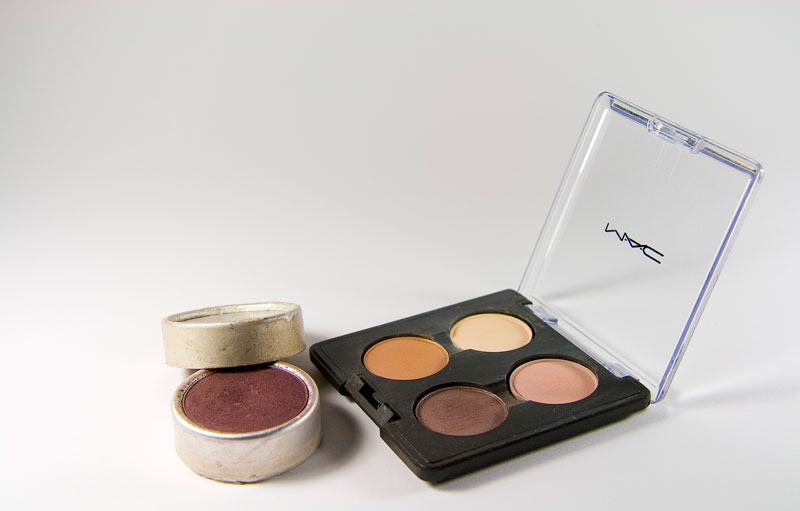The other day I was flipping through a magazine, a little irritated by the sheer number of ads, which seemed to take up half the publication. But as I skimmed the pages, I noticed a pattern in them. An ad for a Gucci perfume showed a naked woman staring seductively at the camera, while a naked man lay on top of her with a possessive arm around her. Another perfume ad showed a soaking wet woman rising up from the ocean, with just a splash of water covering her chest.
These women weren’t being portrayed as smart, or funny, or anything non-physical. They were being portrayed as sexy and seductive; nothing more. The ads showed them not as people with minds and hearts and opinions, but as sex objects.
This particular focus is all too common in media. Ads fixate on a woman’s appearance and don’t go further than that. Celebrities wear elaborate makeup and provocative clothing, and get plastic surgery. Women in television shows are presented in the same way. In the new T.V. show “Suits,” the women wear tight skirts or dresses and stiletto heels—because that’s exactly how women in law firms dress (can you say “impractical?”). They rarely, if ever, make any contributions in the firm other than doing paperwork or flirting to get what they want. Oh, and let’s not forget Jersey Shore: a tale of synthetic bodies (spray tan, anyone?), proclamations of being “DTF”—down to, let’s say, hook up—and common use of the oh-so-kind expression “grenade”—a term for a woman who is unattractive.
The effect on real life women and girls is clear, through both statistics and what can be seen around you. The American Psychological Association estimated that teenagers are exposed to 14,000 sexual references and innuendos per year on TV alone. Many of the models shown in the media are approximately 20 percent below ideal body weight, meeting the criteria to be diagnosed with an eating disorder. But girls can see the models differently; what they see is a thin body that their culture considers beautiful, and so they often follow in those models’ footsteps in an effort to reach the same weight. Most estimates state that three percent to ten percent of females ages 15 to 29 could be considered anorexic or bulimic.
Now, hold on, something is missing here. We’ve done some looking at women, but what about men? Where do they come into the picture?
To put it simply: on top. In those before-mentioned ads, men are the ones dominating the women, holding the women down or making them swoon. In many music videos, while the women are gyrating in tight shorts and tighter tops—if not less than that—the men make their appearances in full clothing and full control. It’s the men who are shown as collected and in control, and the women who are shown as vulnerable. Those portrayals reinforce the idea that women are inferior sex objects to be ruled by men.
If you look around Tam, you can find plenty of examples of the media’s influence. I’ve seen girls come to school wearing short shorts or cropped tops even on days that start out with frost everywhere. During the warmer months it only gets worse, with dresses that barely cover anything and transparent lacey shirts that show just about everything. I want to tell these girls that dressing that way does not make them more attractive. I’ve seen girls who plaster their faces with makeup to the point that they might as well be wearing masks.
All this emphasis on outward appearance makes it so that girls often fixate on their looks alone, and ignore their other qualities. They ignore their deeper selves because influences around them have told them that being physically appealing is all that matters.
What I’d like to know is, why should that be the message? Why should appearance be any more valued than cleverness, or compassion, or creativity? Why should our society undervalue things like devotion, or humor, or trustworthiness? I say it shouldn’t be that way. I say that our society needs to take a thorough look at the light it puts women in, and do some serious reevaluating. After all, beauty is only skin-deep; but its consequences can cut to the core.


